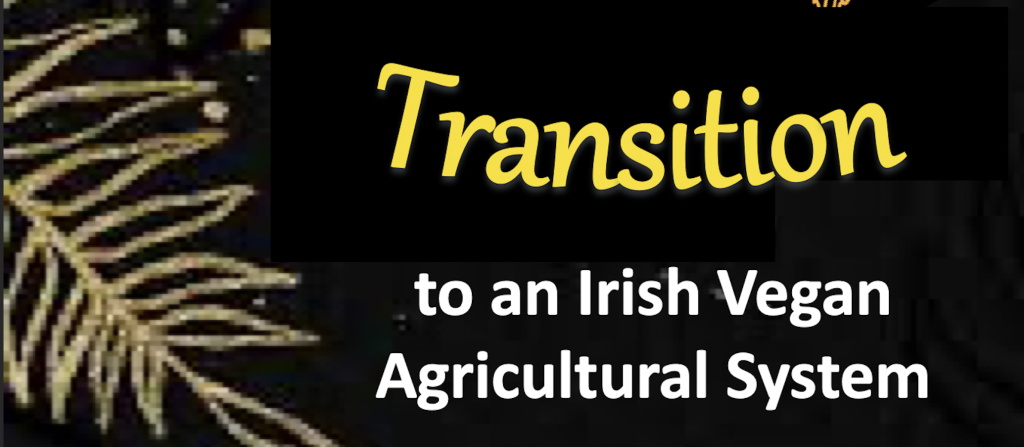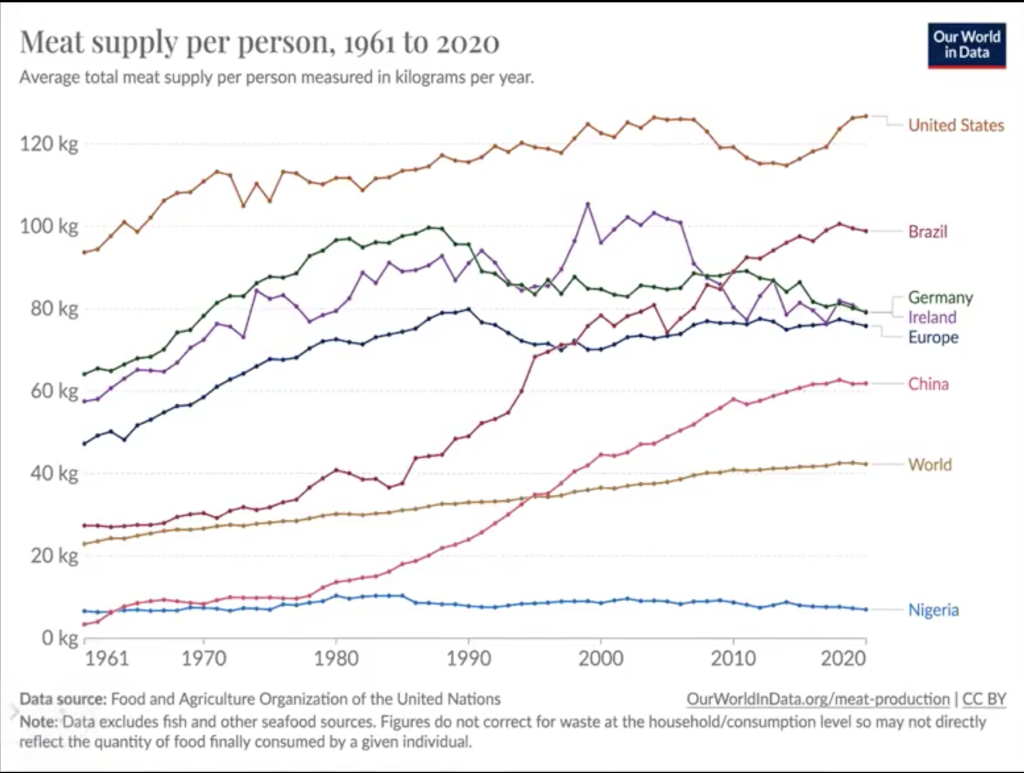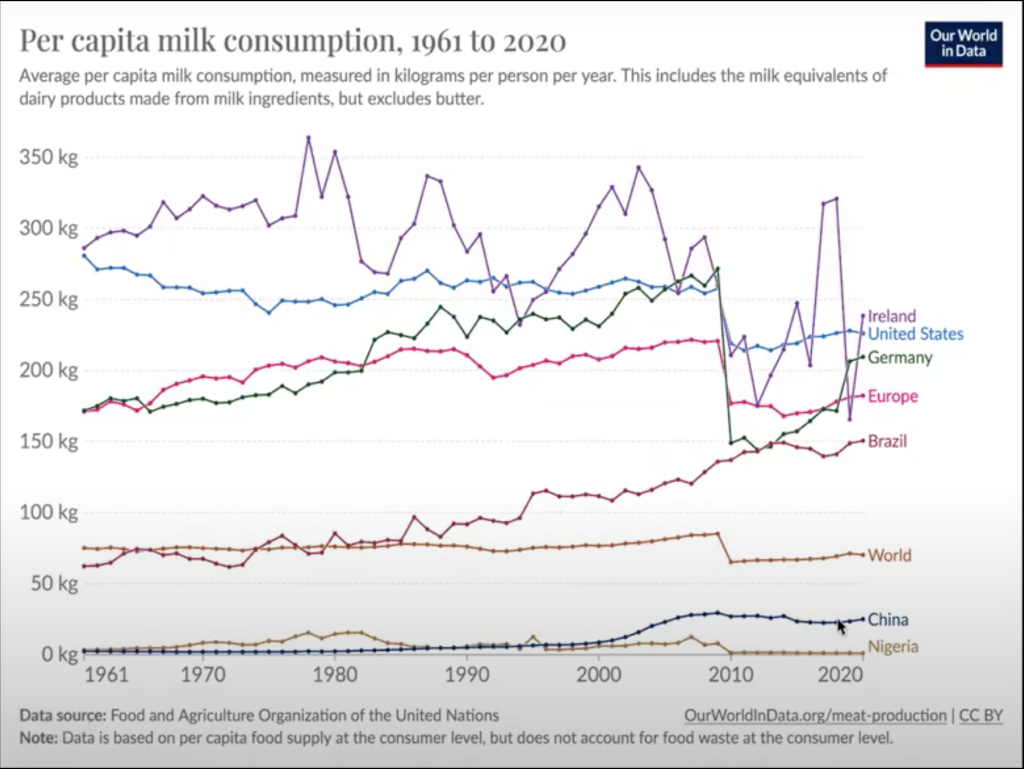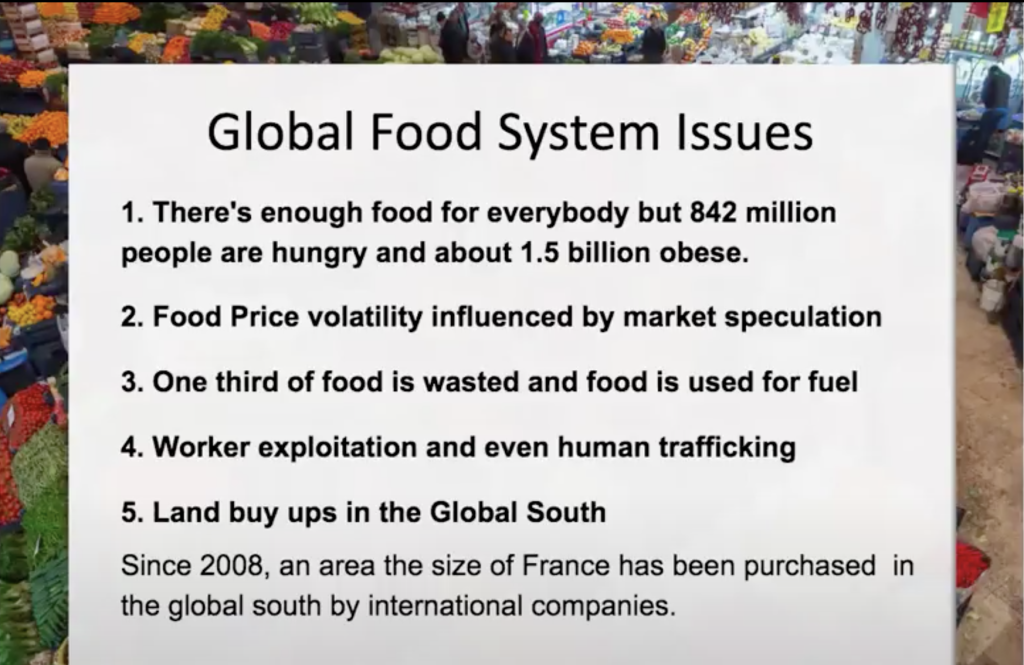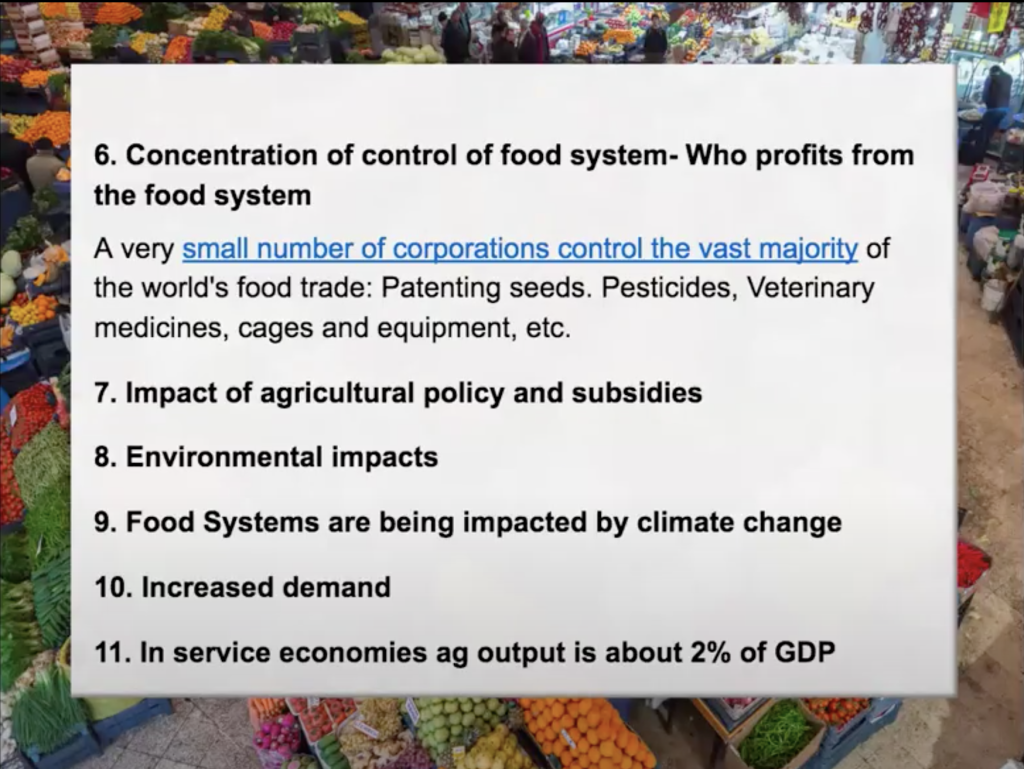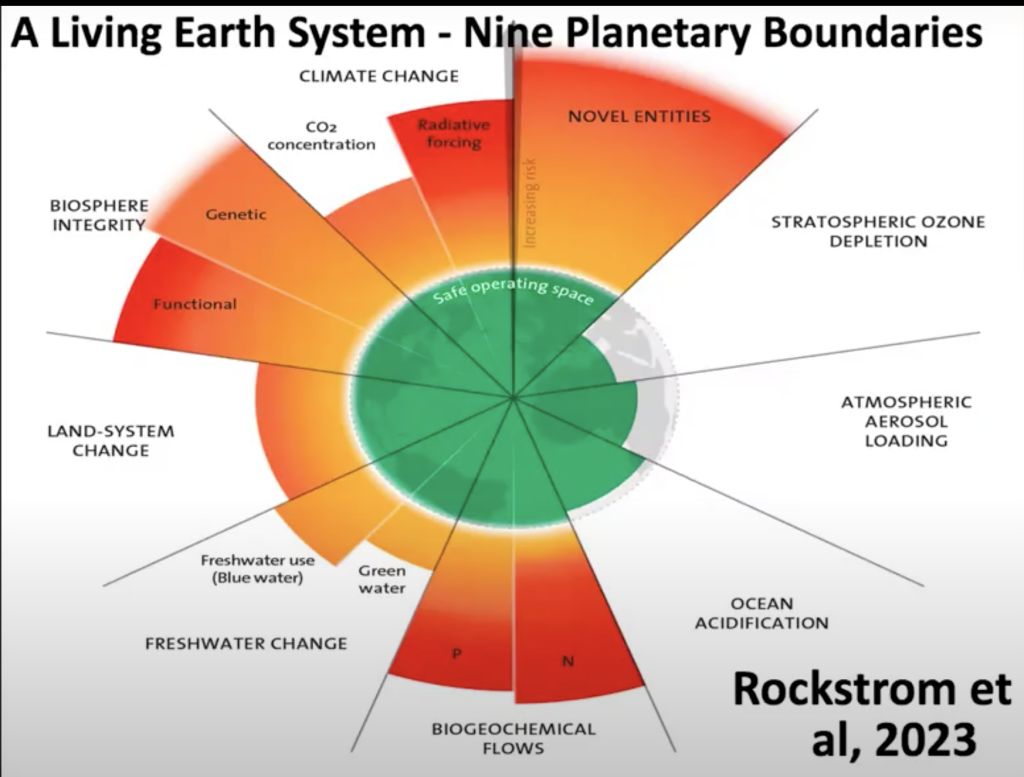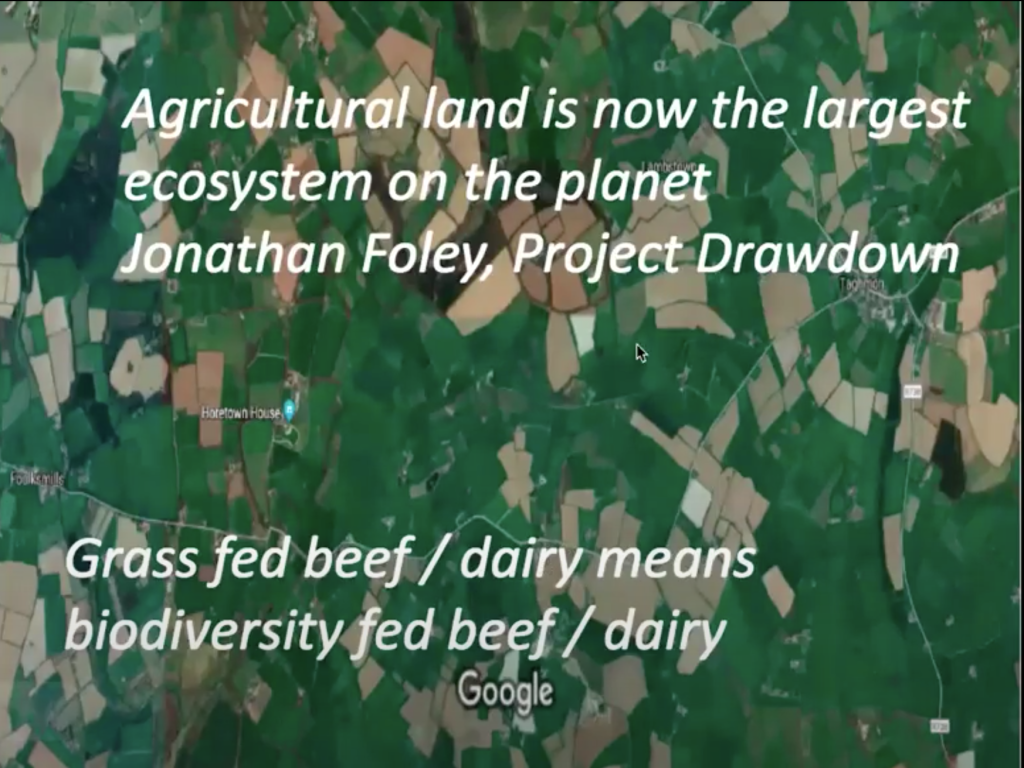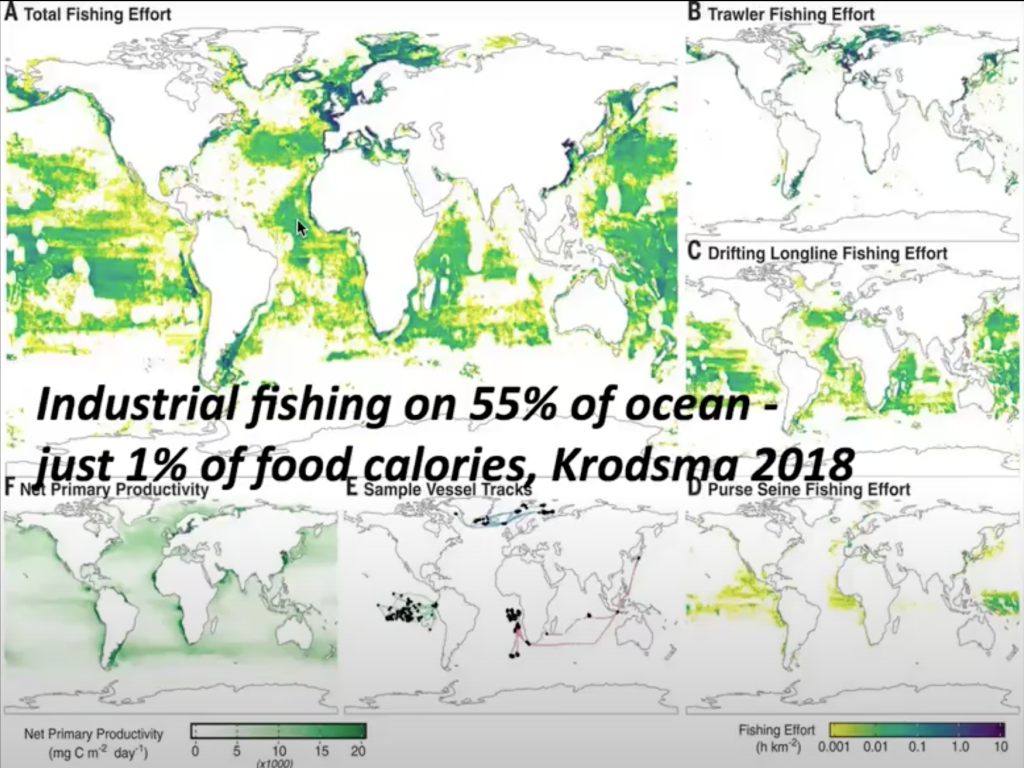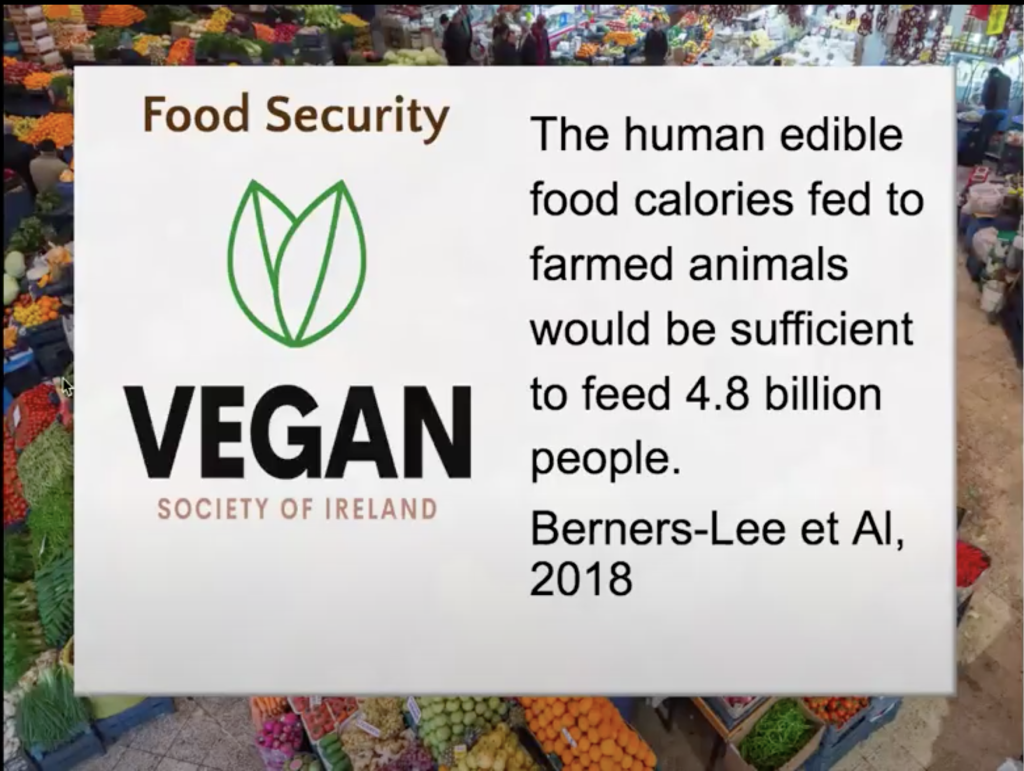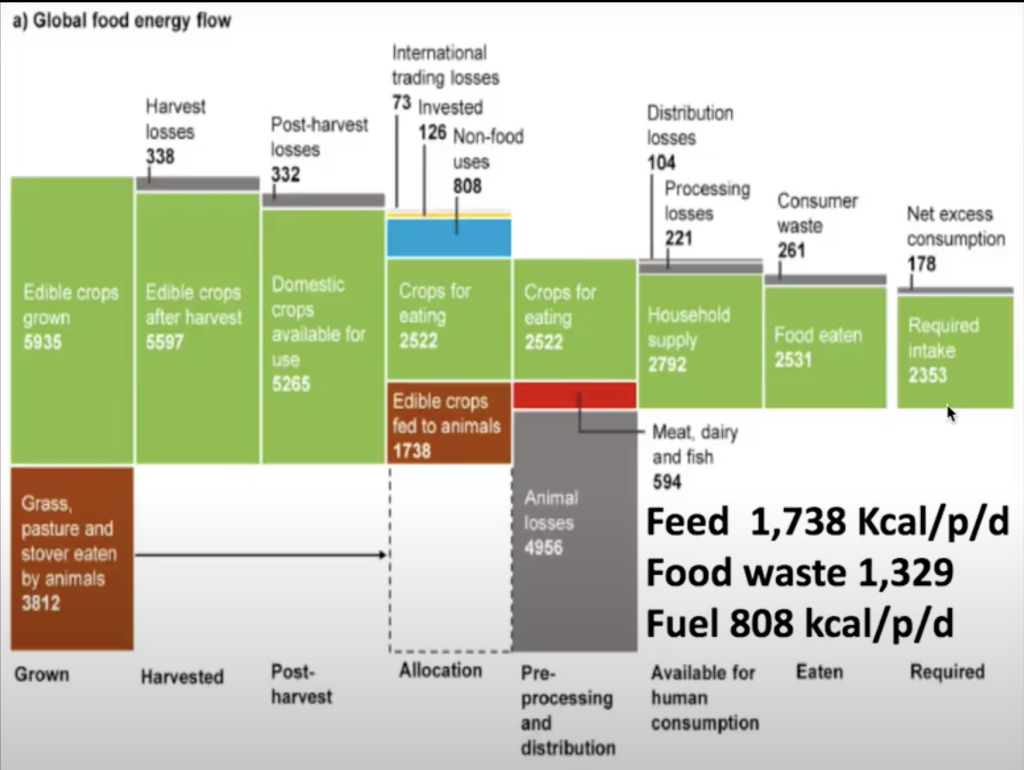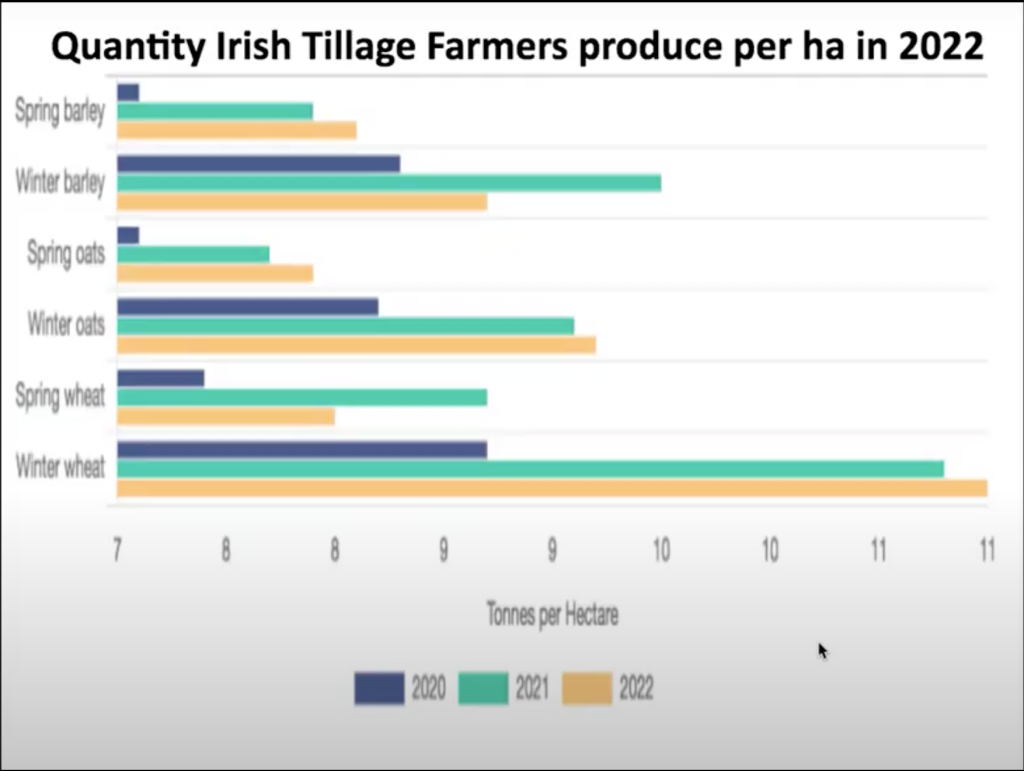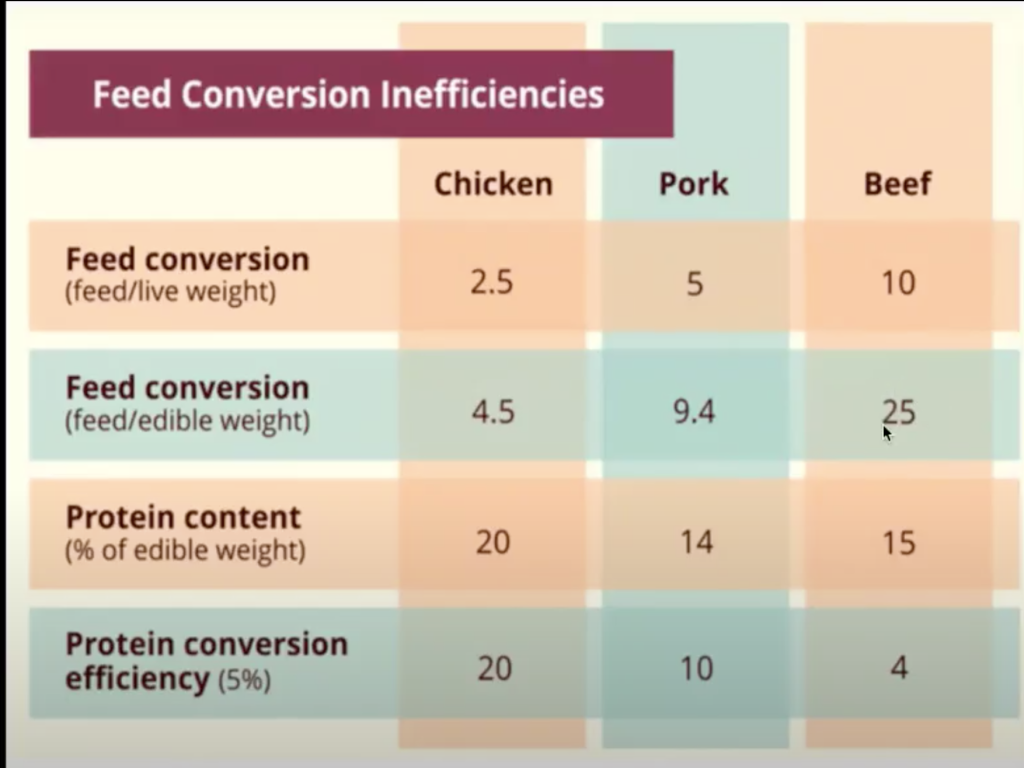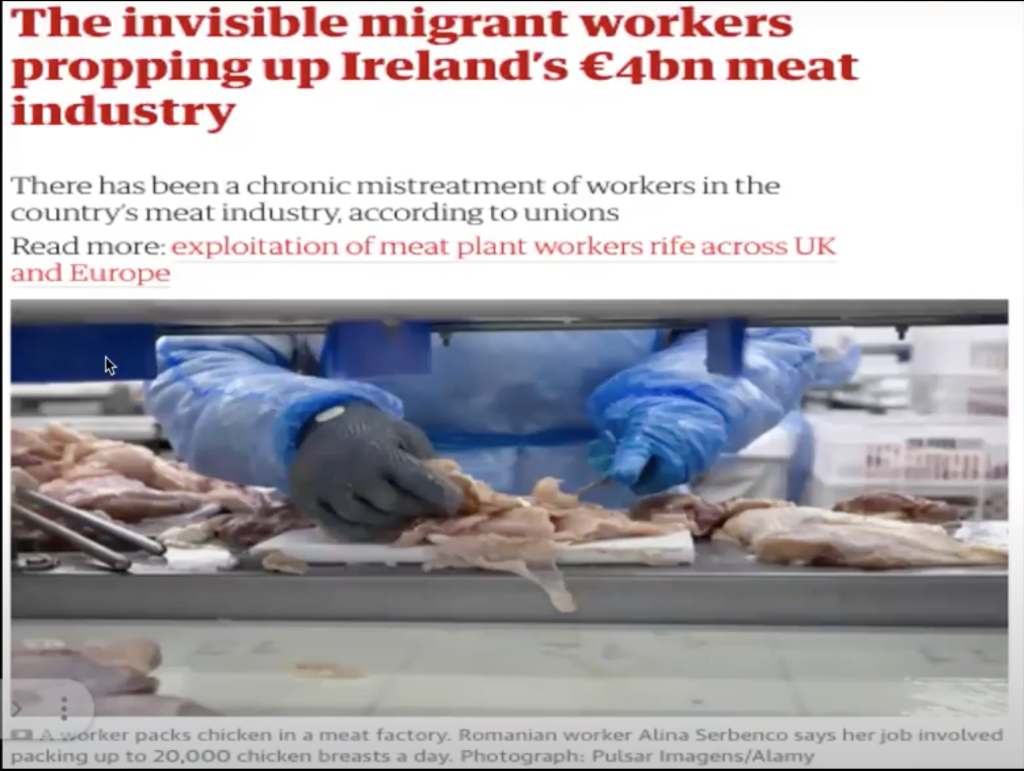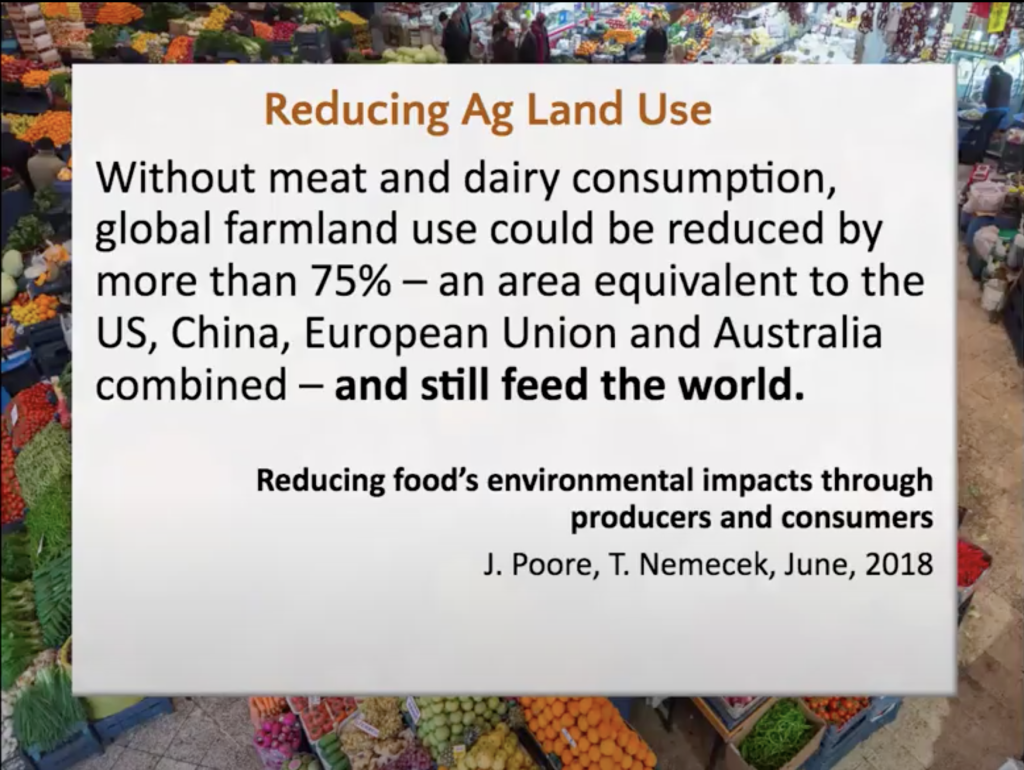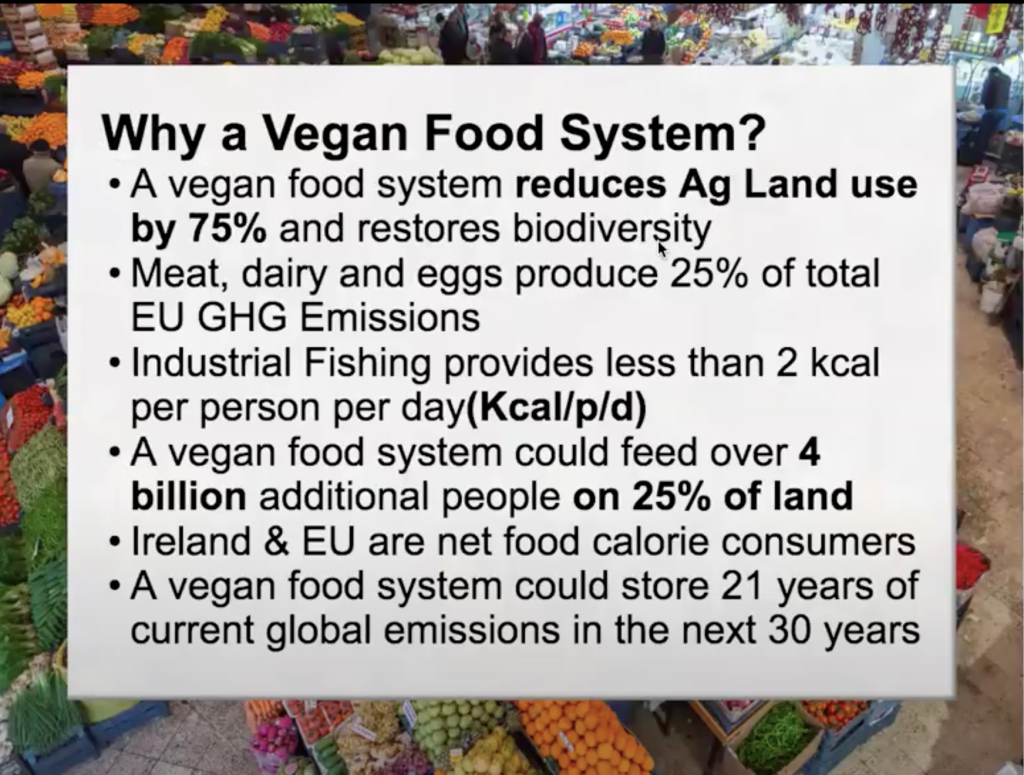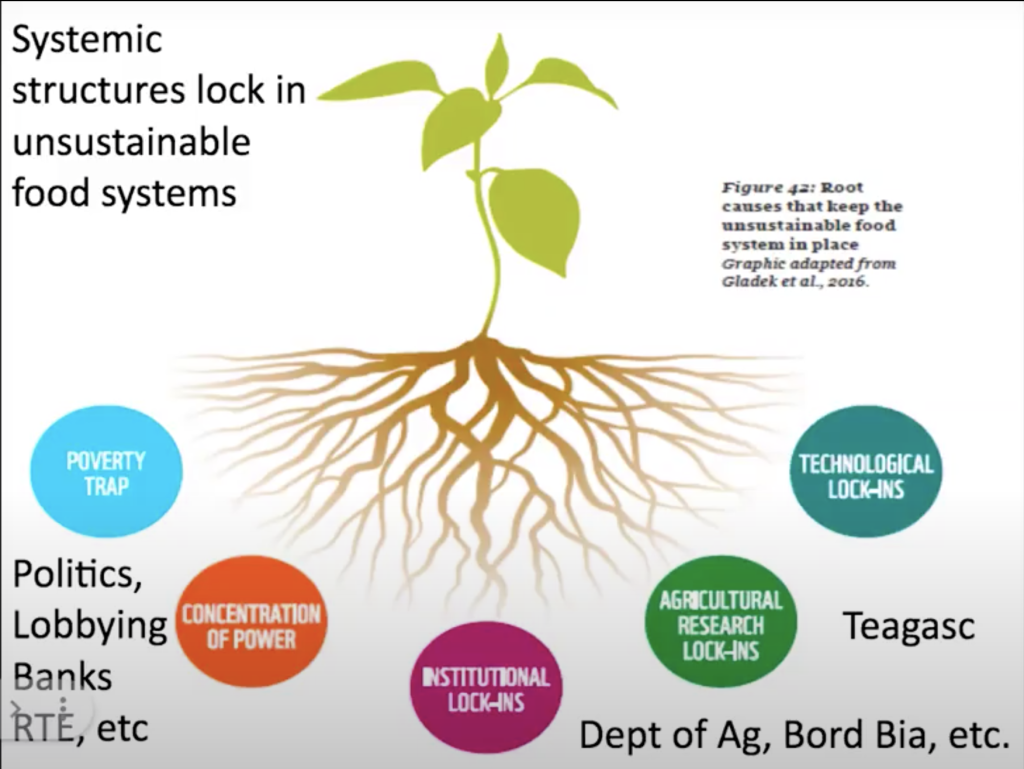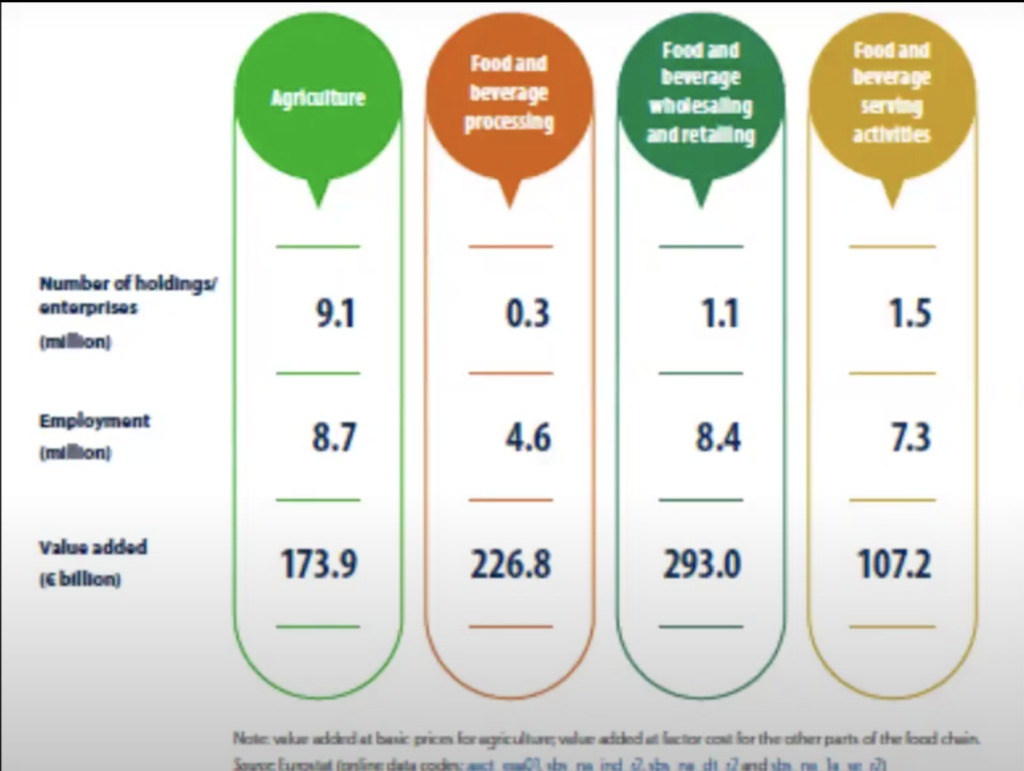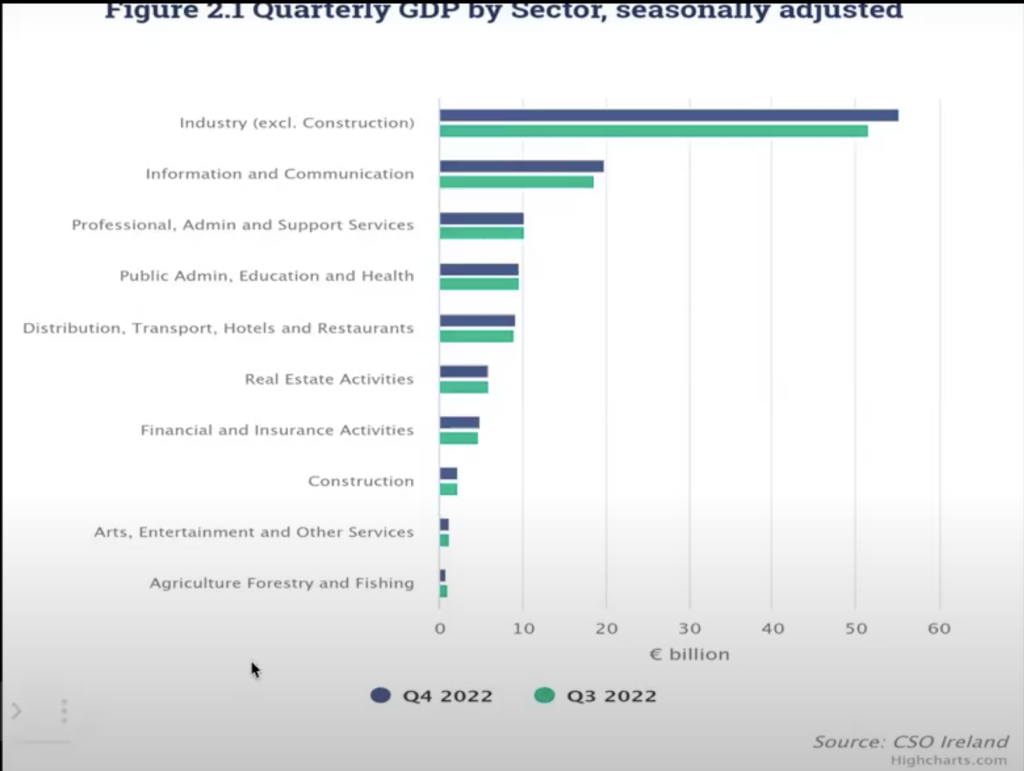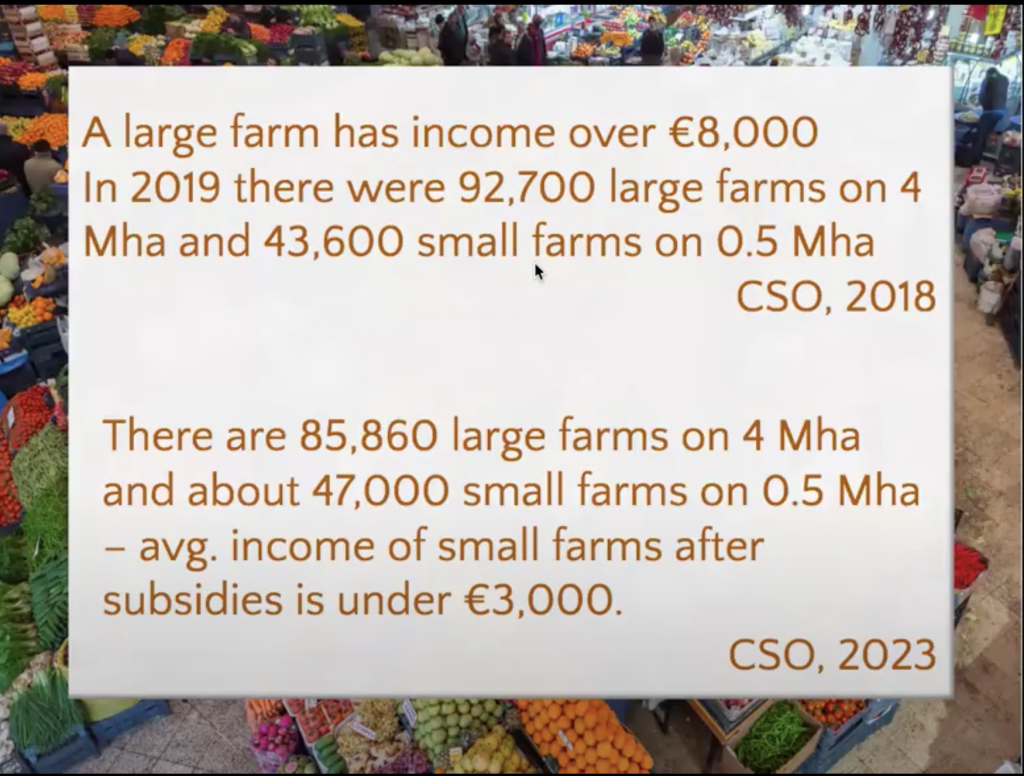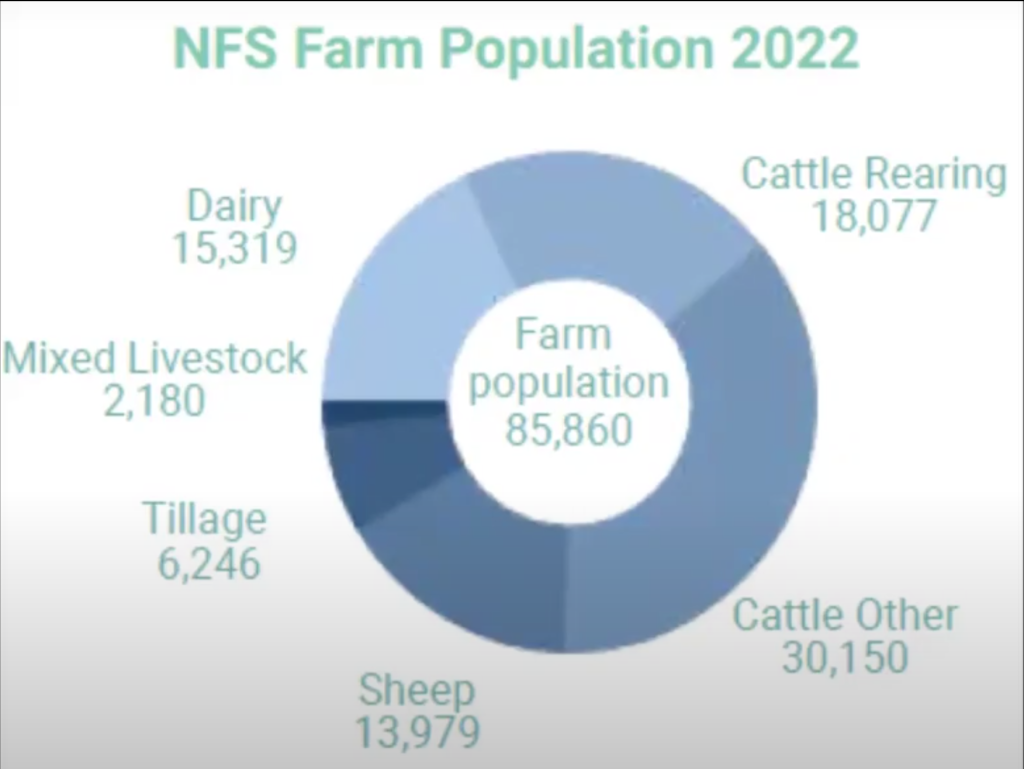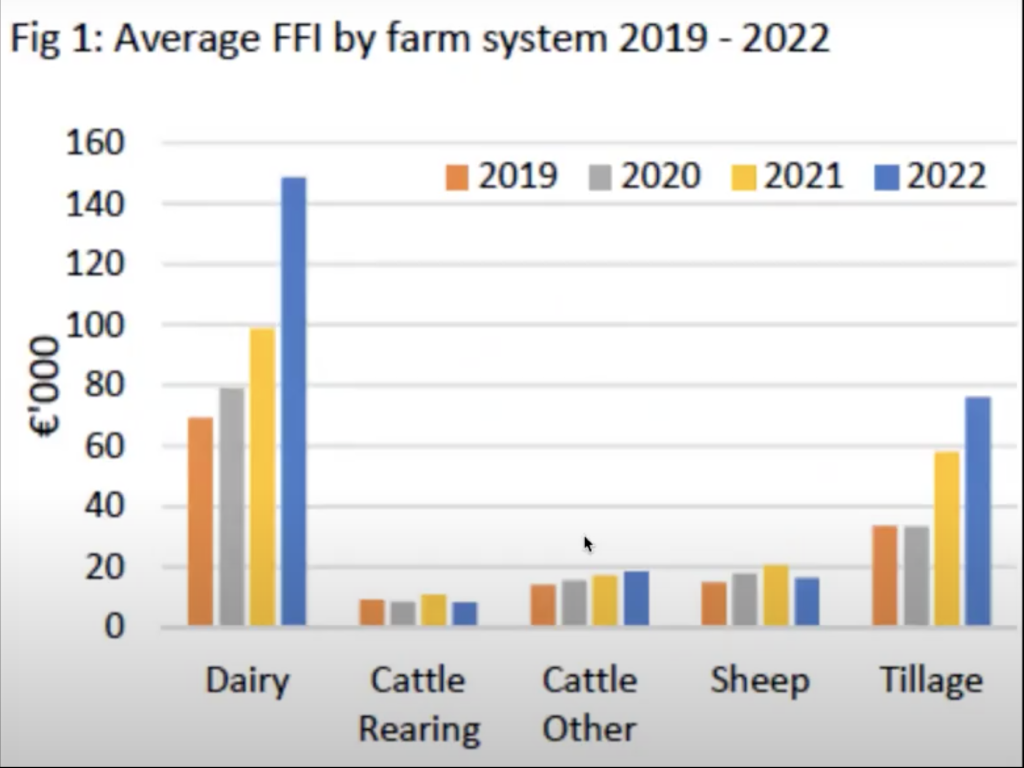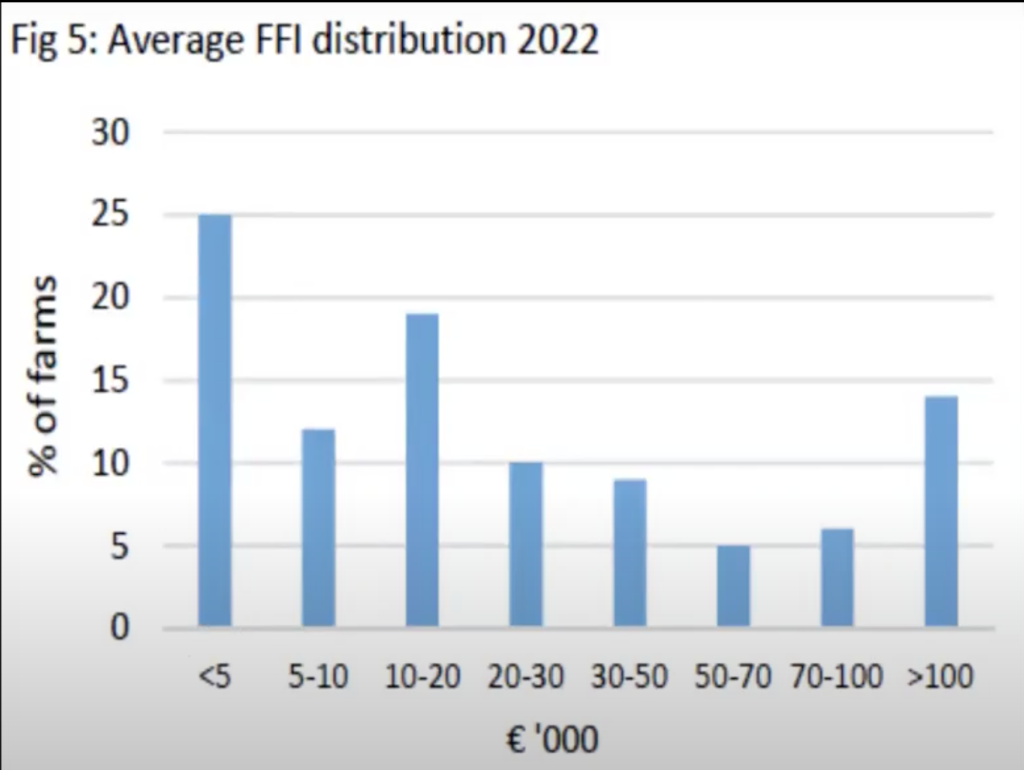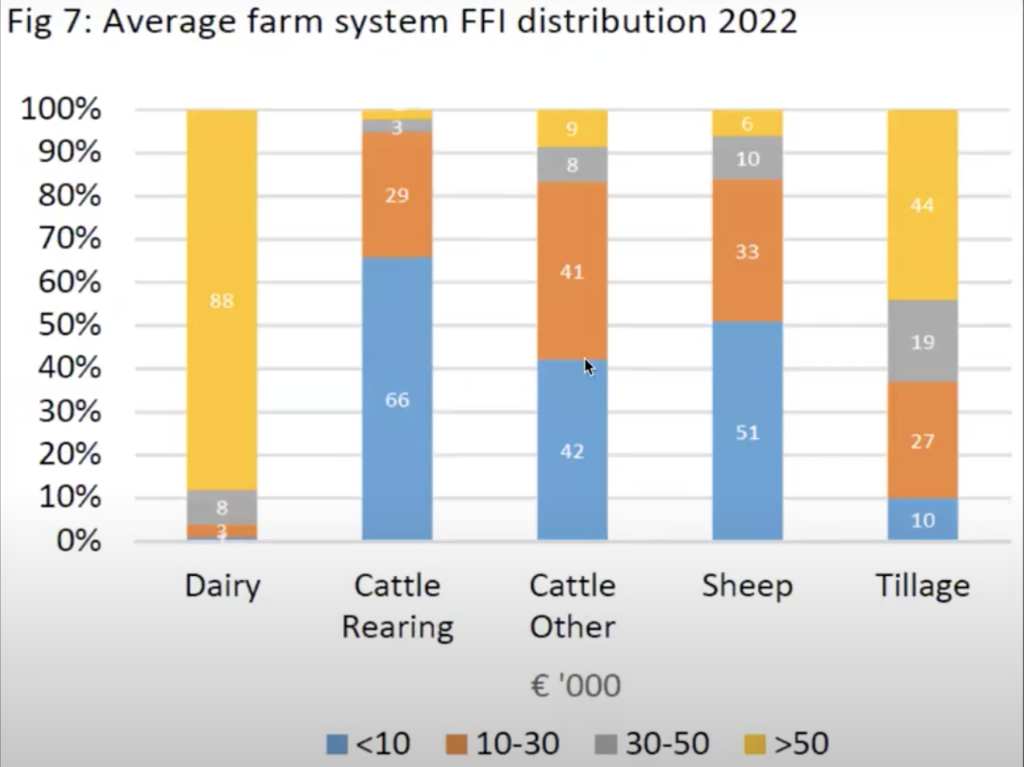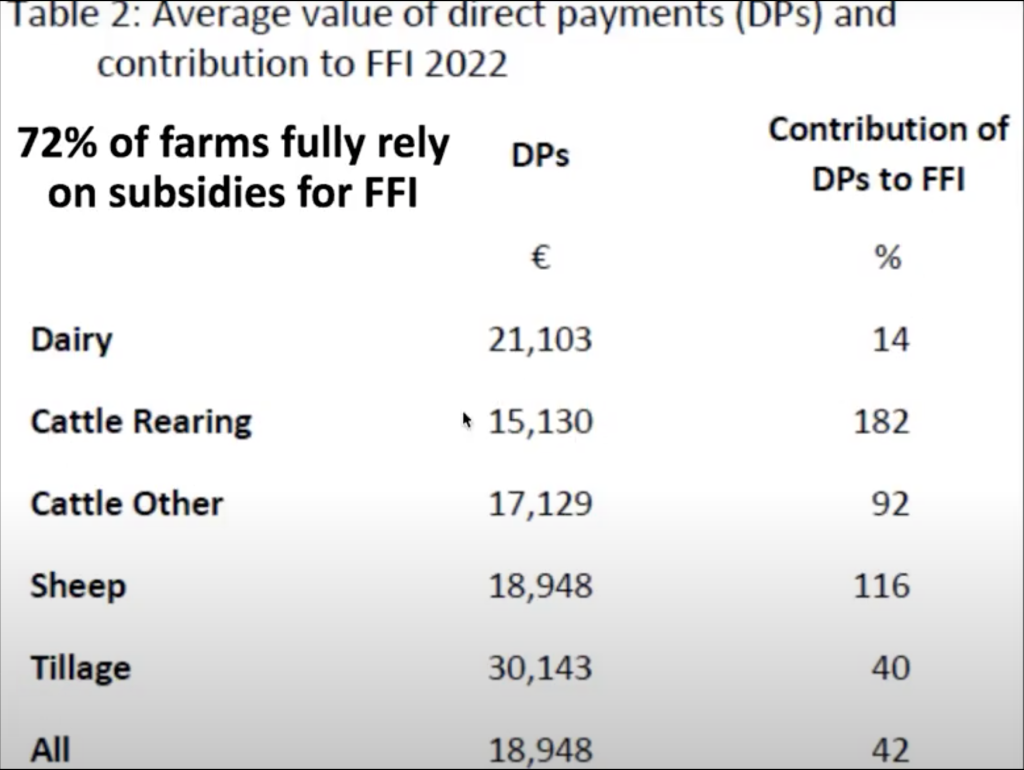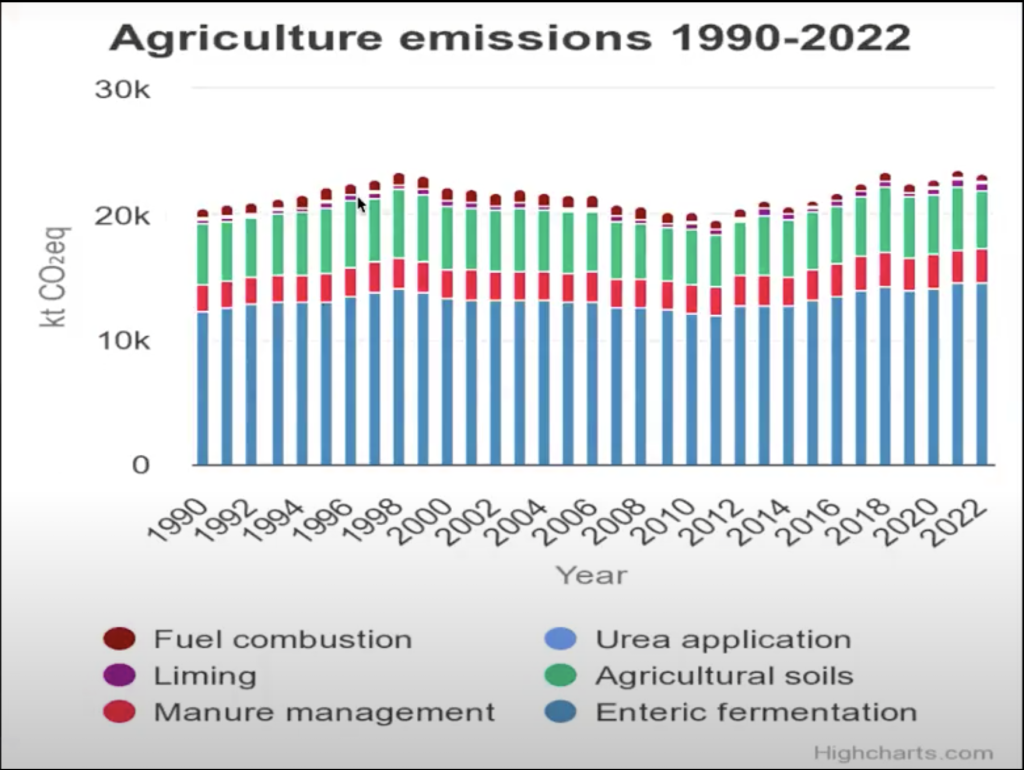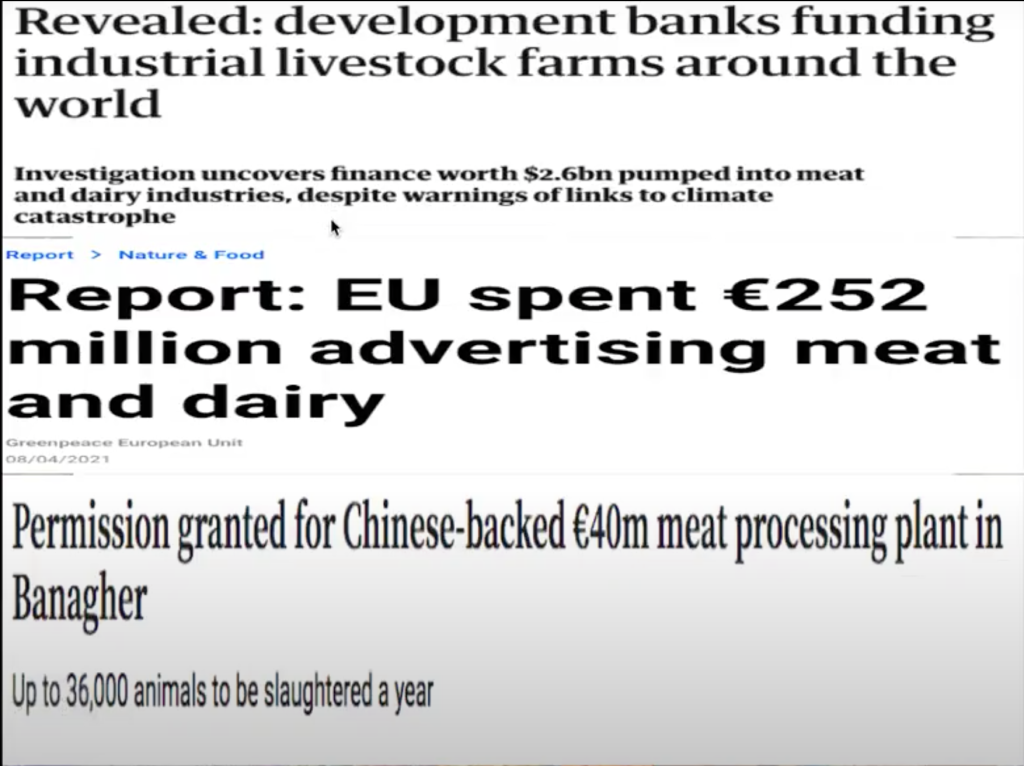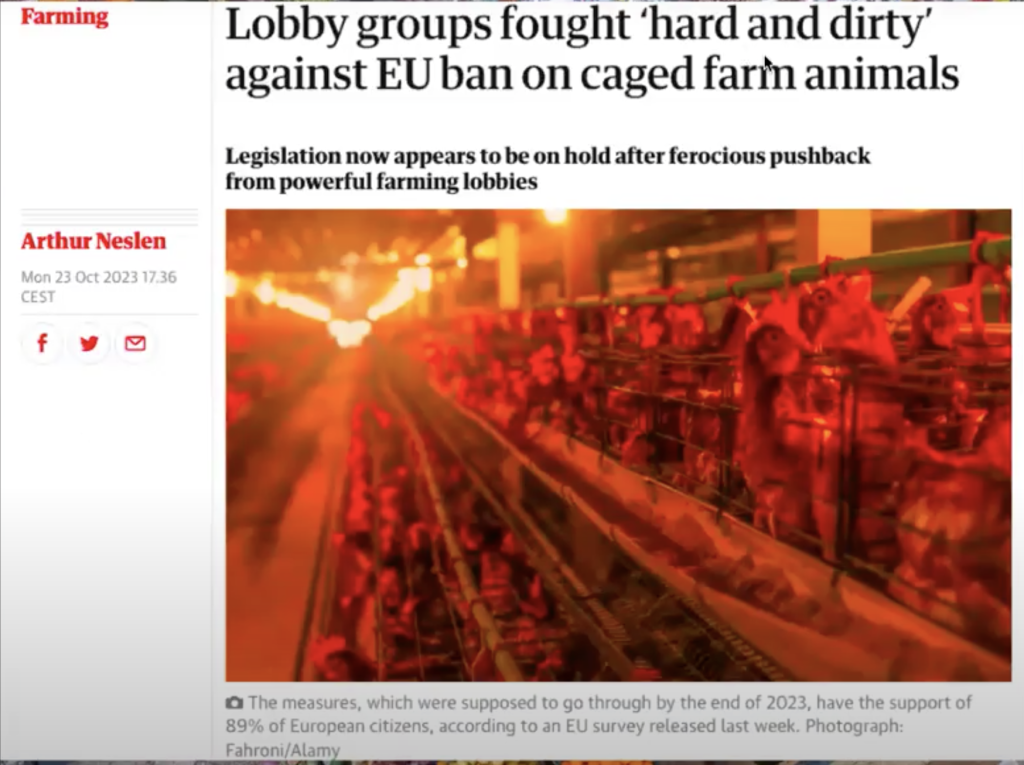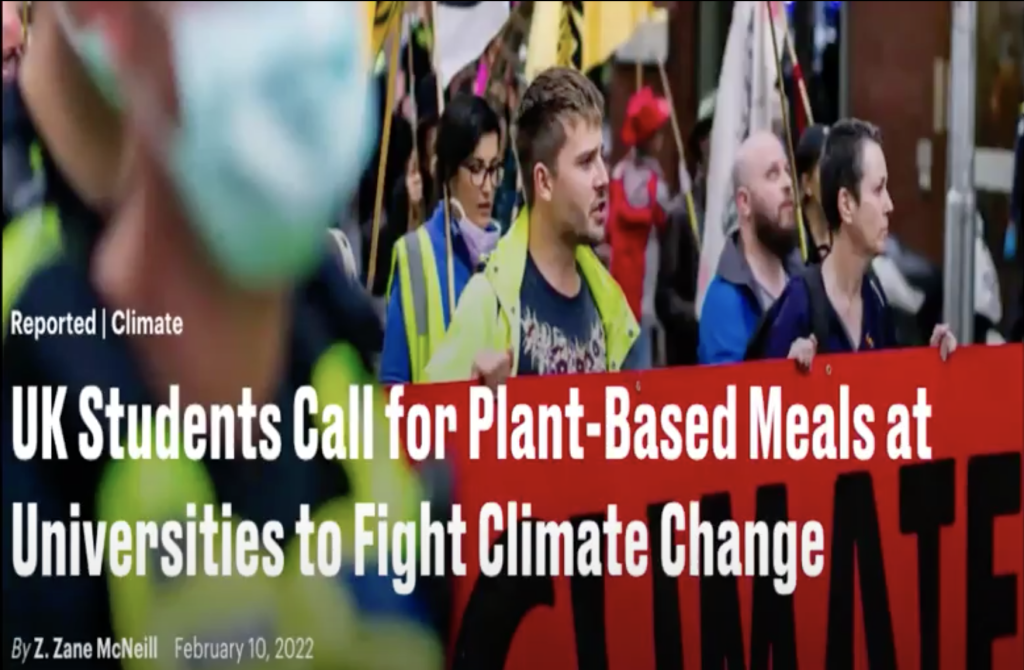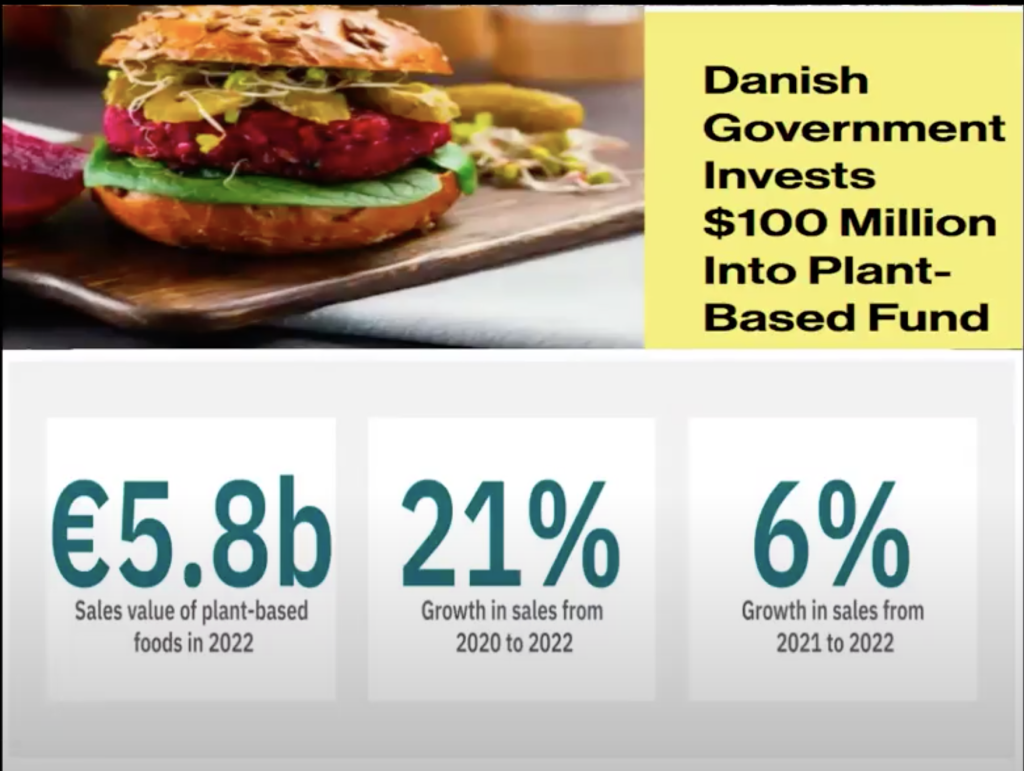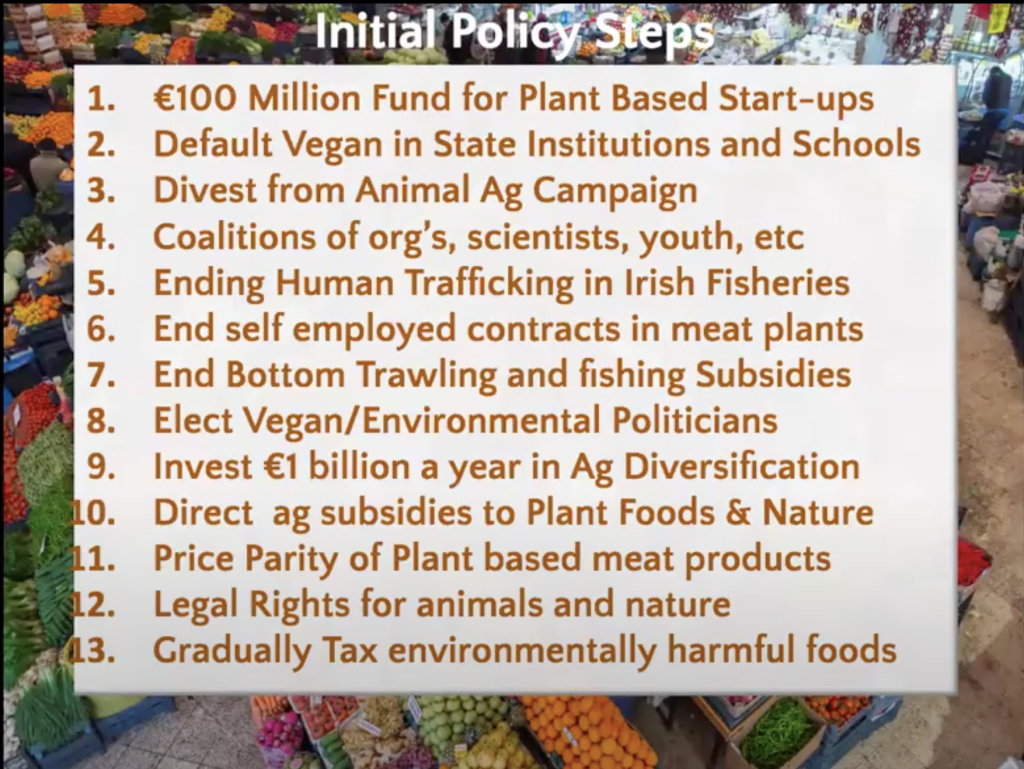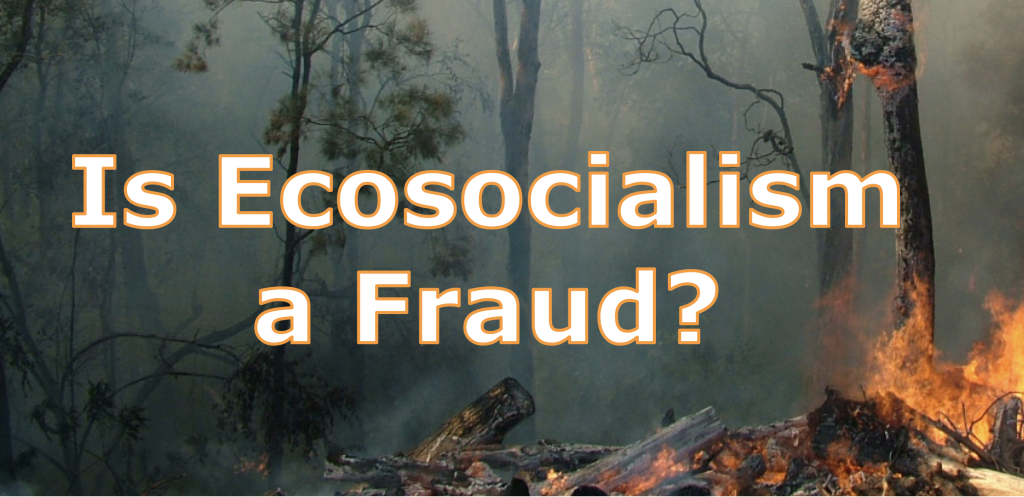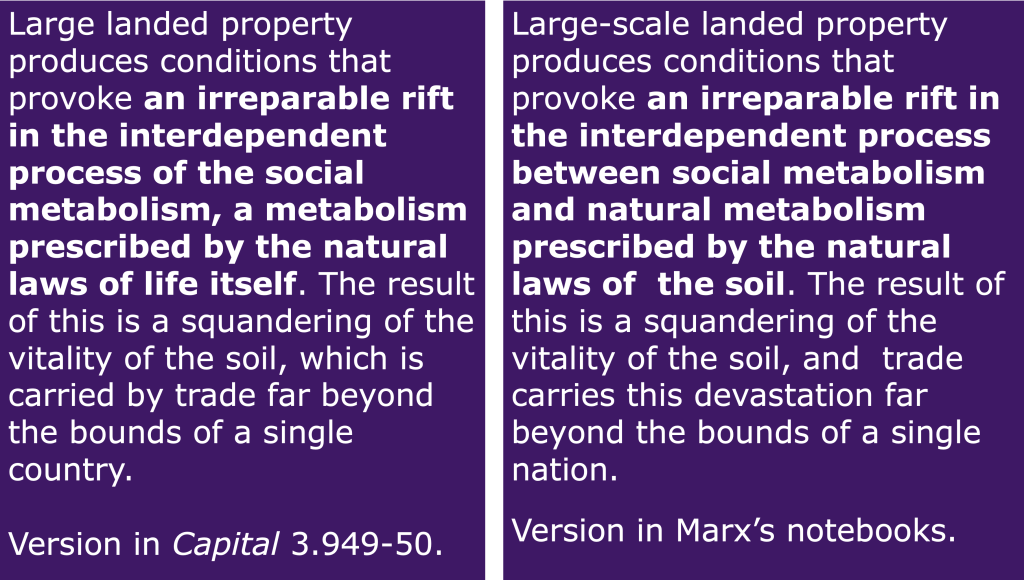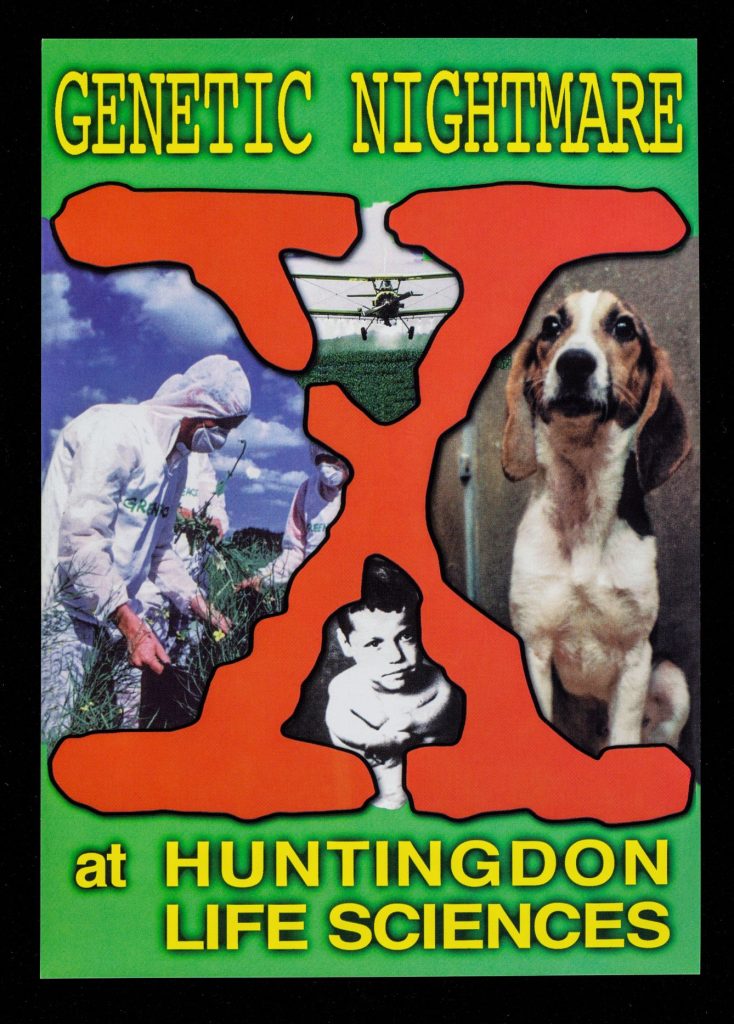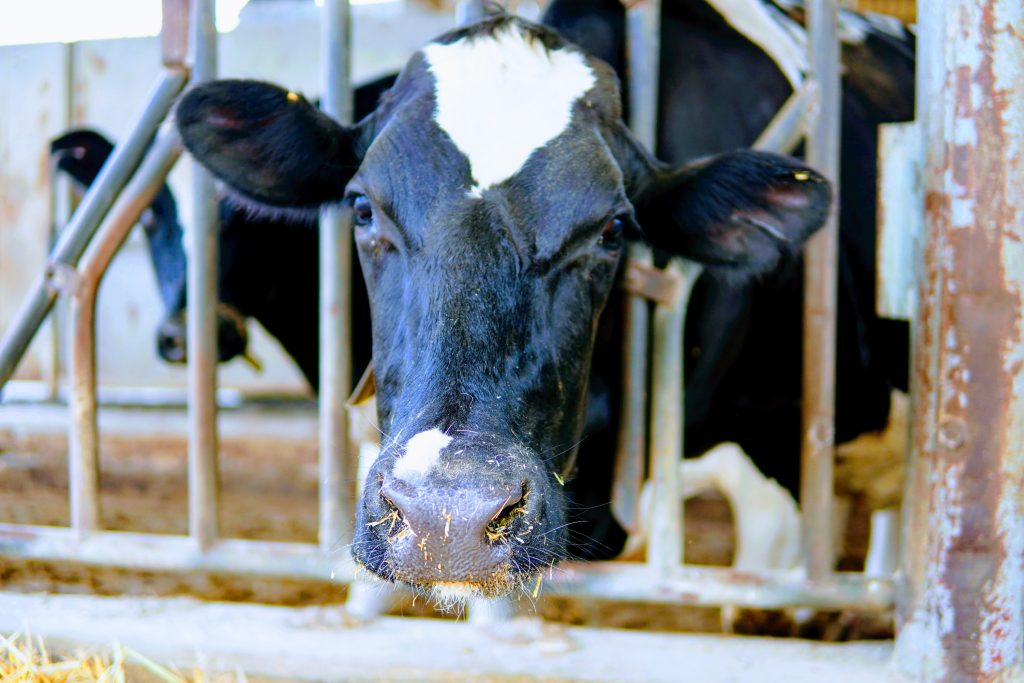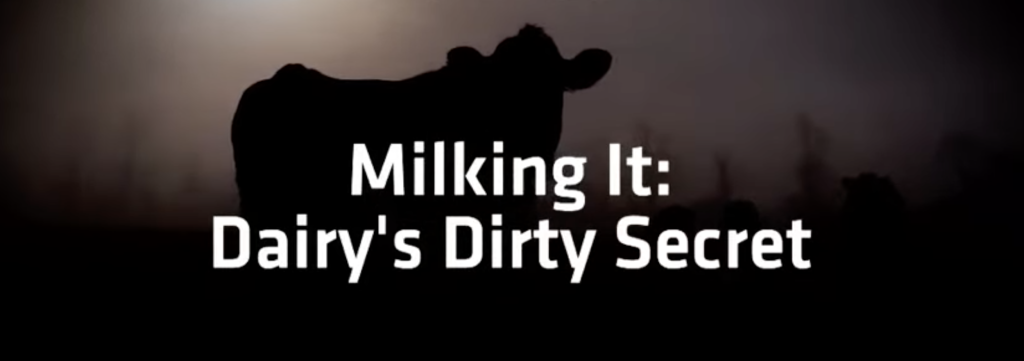
Timothy Morton is a prophet, and in their latest book Hell, speaks as a specifically Christian prophet. Coming out as a Christian (‘There, I said it. You’re really interested to read this now, aren’t you? Or at any rate to get on Twitter and go “Fuck, Tim Morton is a born-again Christian.” Go on. Knock yourself out.’) means they are of little interest to certain types of leftist: those with the correct understanding of society thanks to an exegesis of Marx provided by their Communist or Trotskyist-flavoured educationals. Being a prophet means Morton is an incomprehensible Christian and therefore of even less interest. And yet.
Everyone knows we are experiencing ecological disaster and that the human experience is going to get worse, hellish even. It feels like we are on a runaway train, where even the people in first class can see the disaster ahead, yet the train has no driver to appeal to, or rather, to draw on one of the resonant images from the book, it’s an AI one. What’s needed to save us is more than a rush from the third class carriages to sweep the second with us into sharing the silverware of the first. Something more fundamental is needed: a realisation we can step off the train and everything is going to be alright.
If you like depth to your revolutionary prose, you should read this book. It’s more daring, fundamental, and radical than any book about the environment written by an ecosocialist. It’s also incomparably more entertaining.
What’s it like to listen to a Christian prophet? It’s thrilling, because you can’t anticipate what they will say next; fascinating because each sentence is vibrating with energy; and disturbing because if you were to fully agree with what they are saying, you’d have to allow your atheist defences to relax and allow the possibility of your beliefs being transformed. No one wants that, right?
Hell: Timothy Morton is a Brave Book
Hell is a brave book in that Timothy Morton is an academic and it’s not currently fashionable to own up to being religious in academia. Nor is it fashionable to talk about your own life and your feelings, especially in being frank about having had an abusive father. It’s a book that is powerfully ecological, yet it’s not out to persuade us that the planet is an inescapable hell.
One of the key ideas of the book, one that helps transcend the ‘scientism’ shared by both right and left is that, ‘there is no meaningful metaphysical difference between a human and a nonhuman lifeform’. This is a philosophy that animal rights activists should welcome and it is one also to be found in the works of the Christian poet, artist and prophet William Blake. Blake features so heavily in Hell that the book could easily be read as an homage to him.
Gnosticism is the belief that we are already in hell and that the god whom most Christians worship is an evil being presiding over this hell. Escape for a Gnostic involves criticism of the existing church for making puppets of us all, Carpet Crawlers even. On first glance, Hell might seem to be a book in this tradition. Morton, however, repeatedly states that they are not a Gnostic.
Morton’s Hell is ‘flipped Gnosticism’. While the Gnostic wants to achieve escape velocity from this hellish existence to a higher one, to an ultra-Heaven where they believe the real God resides, Morton sees the possibility of escape in our being embodied right here. In the spirit of William Blake: a model of Nature as existing outside of us is oppressive; an embracing of our physicality is emancipatory. It makes no sense to want to conquer nature when there is no outside and when ‘the biosphere is the body of Christ’.
Naturally, Morton reads and rereads Martin Luther King and their thoughts on King caught my attention for reasons that are probably selfish but which might just be zeitgeist. When you are educated about someone through the works of their critics and not their own works, you come late to the party. I’m there now. And I relished how Morton explains the power of the phrase, ‘I have a dream’.
The Reverend Martin Luther King (italics mine) knew what he was doing: evoke the dreaminess, evoke God. The subjunctive “might be” quality of “I have a dream” resist the activity of the indicative (“I dream of…”) and the passivity of the infinitive (“Oh, to dream of…”). “I have a dream” undermines master versus slave, active versus passive binaries… “Having a dream” is in the middle voice, neither active nor passive. I am not the victim of the dream, nor am I its puppet master. It’s just how my brain flows when I’m not being me.
Moreover, ‘love is the basic format of this dream-feel.’ Not so long ago, Independent Left members discussed the slogans to put on our banner. We decided to include ‘love’.

This was a good call and reading Hell helps explain why. ‘How we treat each other is how we treat the biosphere. Speciesism is keyed to racism and patriarchy. It’s huge. It’s the hugest thing. It is weirdly both daunting, and as easy as pie. It’s a time of shuddering panic and soul-collapsing grief, and yet it’s a time when one can see what is true and what is required without much effort.’
Or Blake,
Love seeketh not itself to please,
Nor for itself hath any care,
But for another gives its ease,
And builds a Heaven in Hell’s despair.
The Feeling of Reading Hell, Timothy Morton
Hell is a very unusual book. It is one to be enjoyed rather than studied and fought over. If you want to have a go at Morton – and a surprising number of people do – there’s plenty of material to use since they write at top speed and with soul bared. Often, I lost the thread of an idea under discussion. But that never mattered too much because I soon came across a different idea that was criss-crossing with the earlier one and bringing it back in force. Moreover, there’s something profound about this reading experience that resonates with Lacan’s statement, ‘I think where I am not.’
As soon as you put a thought into words, you descend into a trench. You have channelled an idea; cut it out of the flow of the universe so as to grasp it. Now maybe this trench takes you where you want to go. And maybe by grasping the thought in this way – placing shutters and obstacles in the way of it spilling out again – helps you get someone else to the same place. Language is powerful like that, ideas spread faster than infections. Yet the enormous, underappreciated, downside to expressing even the most brilliant idea in words is that it is all too easy for the trench to become a well-worn path in a labyrinth. In other words (yes words, but how else can I say this? Through poetry perhaps) even the most effective and emancipatory use of words can quickly lead to a state of mind where no thought is happening. There’s a risk of you having the same thought, with it running around the trenches you’ve created for yourself like a car on a Scalextric track. Meanwhile, the universal flow is happening where you really are and you can’t feel it, you can’t jump off the tracks.
What had truth-feel yesterday might not today, but are you receptive enough to that signal to change or are you now stuck?
Unlike animals, who exist perfectly well without filling their heads with belief systems that they are willing to die for, humans are susceptible to constructing ruinous thoughts (e.g. it’s impossible to take the savings of the top 100 people and share them out). And it’s the thoughts that pose as ways forward that can be especially ensnaring.The importance of Hell is that it is written with an urgency to help us think, rather than an urgency to persuade us that the situation is becoming more and more desperate, or with an urgency to recruit to a party that has the roadmap to saving the Earth. Desperation is exhausting and depressing; roadmaps are only useful if you really understand the landscape. It’s books like Hell that we need at this time, books that will help us become unstuck.
You can read more about Hell: Timothy Morton at their blog Ecology Without Nature.

